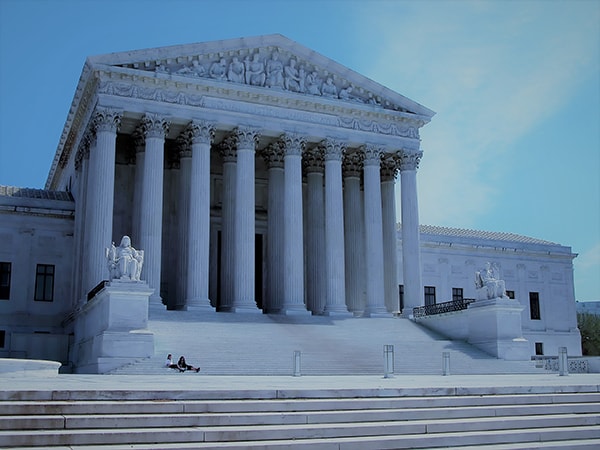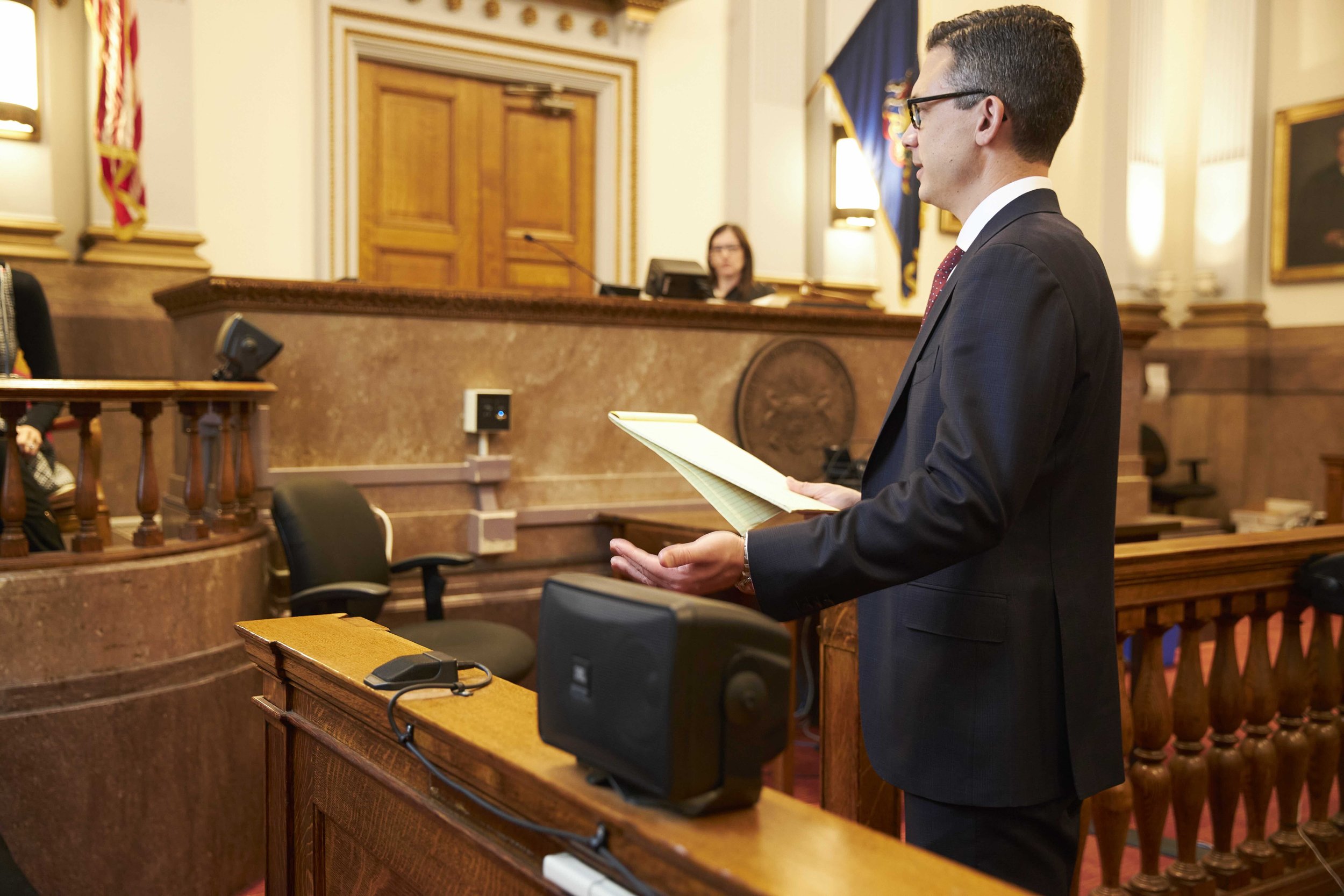Browsing the Intricacies of Federal Appeals: A Comprehensive Guide
In the world of federal charms, the intricate web of lawful procedures and nuances can usually show to be a labyrinthine obstacle for even the most skilled attorneys. As situations traverse with the appellate procedure, comprehending the details of jurisdiction, crafting engaging appellate briefs, and grasping the art of dental arguments end up being extremely important. These are however a couple of elements of the multifaceted landscape of federal allures. Checking out the midsts of strategies for success on appeal needs an eager eye for information and a strategic strategy that goes beyond mere legal expertise. As we start this journey with the intricacies of government allures, it comes to be evident that an extensive guide is not just a handy source yet a necessary compass in navigating the elaborate terrain of appellate campaigning for.
Federal Appeals Process Summary

The government allures procedure generally begins with the filing of a notice of appeal within a specified timeframe following the entry of the lower court's judgment. Ultimately, the appellate court will provide a written viewpoint either verifying, reversing, or remanding the lower court's choice.
Recognizing Appellate Territory
Appellate territory describes the authority of an appellate court to make a decision and examine on situations that have been appealed from reduced courts. This territory is restricted to examining errors of law, not re-trying the facts of the instance. Recognizing appellate territory is important for both plaintiffs and lawyers navigating the federal allures process.
Federal appellate courts have jurisdiction over specific kinds of situations, such as those including government regulations, constitutional problems, or disputes in between celebrations from different states. It is important to keep in mind that appellate courts do not hear every appeal; they have the discernment to choose which instances to approve based on their standards.
When appealing a decision to a federal appellate court, it is important to understand the range of the court's jurisdiction. Recognizing the limitations of appellate jurisdiction can aid attorneys craft extra efficient arguments and enhance the chances of an effective appeal (federal crime attorney). Furthermore, parties must be aware of the step-by-step guidelines and target dates that regulate the appellate procedure to avoid prospective pitfalls
Crafting Persuasive Appeals Briefs
Establishing an engaging appeals quick demands a critical mix of legal expertise and convincing interaction skills. An efficient allures brief is not simply an address of facts and legal debates but a meticulously crafted record designed to convince the appellate court of the qualities of your case. To accomplish this, it is critical to start with a clear and succinct statement of the legal problems handy, adhered to by an extensive evaluation of the pertinent case legislation and statutes.
Crafting influential allures briefs additionally requires a keen understanding of the standard of evaluation suitable per concern raised on appeal - federal appeal attorneys. Tailoring your disagreements to the ideal standard can considerably enhance the possibility of success. Furthermore, structuring your short in a rational and orderly way, with headings and subheadings that assist the visitor with your disagreements, can make a considerable difference in how your brief is received. Remember, the objective of an allures short is not just to present your side of the story yet to encourage the appellate court that the reduced court erred in its choice and that your client is qualified to alleviation.
Dental Arguments and Court Rules
Browsing the ins and outs of oral arguments and court etiquette requires a nuanced understanding of lawful etiquette and reliable interaction methods. When providing oral arguments in government allures court, attorneys need to adhere to strict rules of conduct.
Effective interaction throughout oral arguments is crucial for sharing your placement persuasively. Attorneys ought to be prepared to reply to judges' questions that site attentively and briefly, focusing on key lawful disagreements (federal crime lawyer). It is important to remain made up and articulate, also under stress. Additionally, keeping eye contact, speaking clearly, and arranging disagreements logically can boost your presentation.
Court room etiquette and reliable interaction skills can significantly affect the outcome of appellate situations. By understanding these elements, lawyers can navigate oral debates with confidence and professionalism and trust, increasing their possibilities of success in government appeals court.
Methods for Success on Charm
Crafting a engaging and strategic method is necessary for making best use of the chances of success in government allures court. One vital strategy is to extensively assess the test court document to determine prospective errors that could create the basis of a successful charm.

In addition, when composing appellate briefs, sticking to court guidelines and standards is critical. Making certain appropriate format, accurate citations, and a convincing creating style can assist order the interest of the appellate courts and strengthen your setting. By using these strategies, litigants can boost their prospects of success in government appeals court.
Final Thought
Finally, mastering the ins and outs of government appeals needs a detailed understanding of appellate jurisdiction, the capability to craft influential appeals briefs, and knowledge of efficient dental debate techniques. By navigating the complexities of the government allures procedure with precision and skill, one can enhance their possibilities of success on allure. It is necessary to have a tactical technique and be conscious of court decorum in order to attain a favorable outcome in federal appellate courts.

Comments on “Leading Federal Appeal Attorneys: Your Companions in Navigating the Appeals Refine”